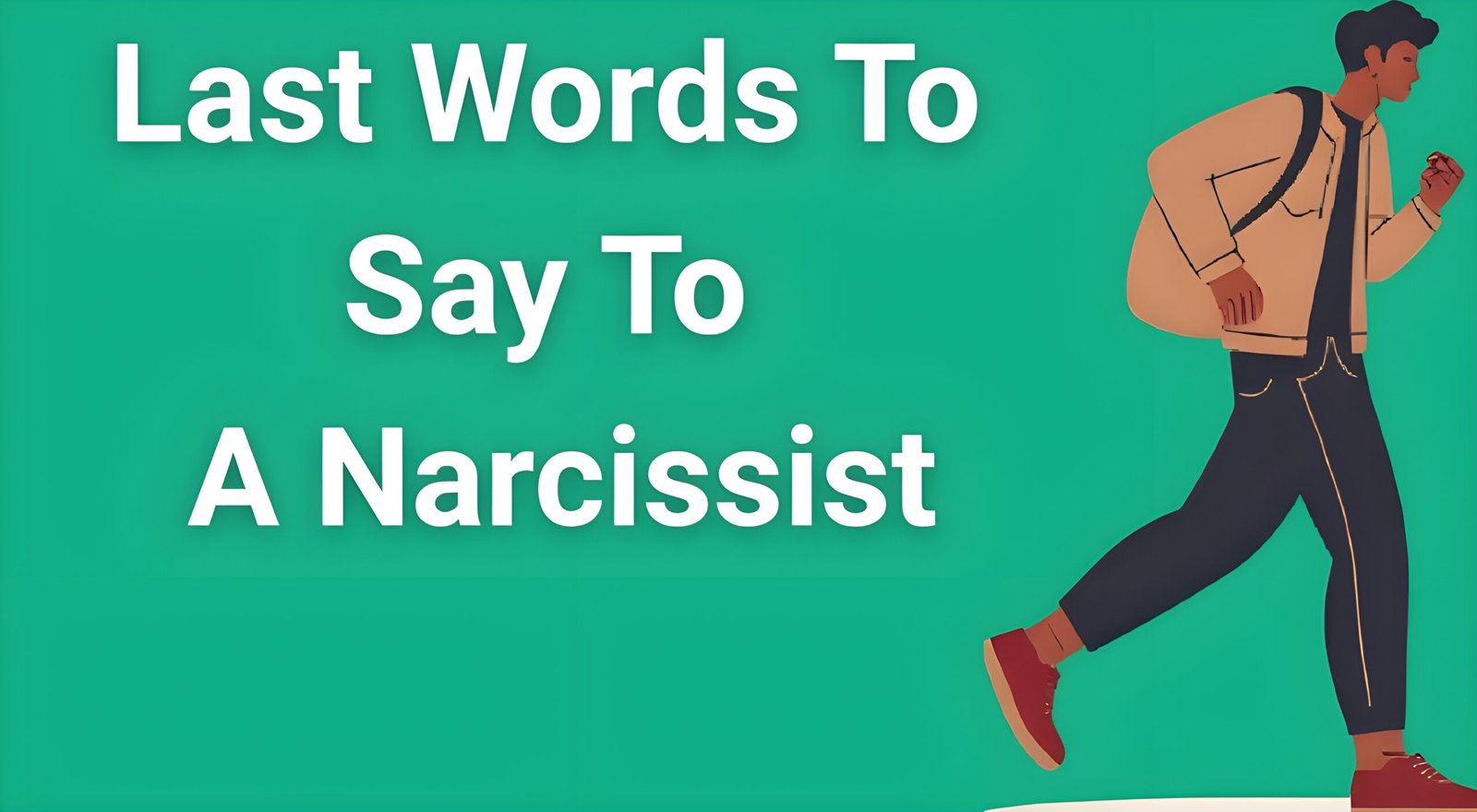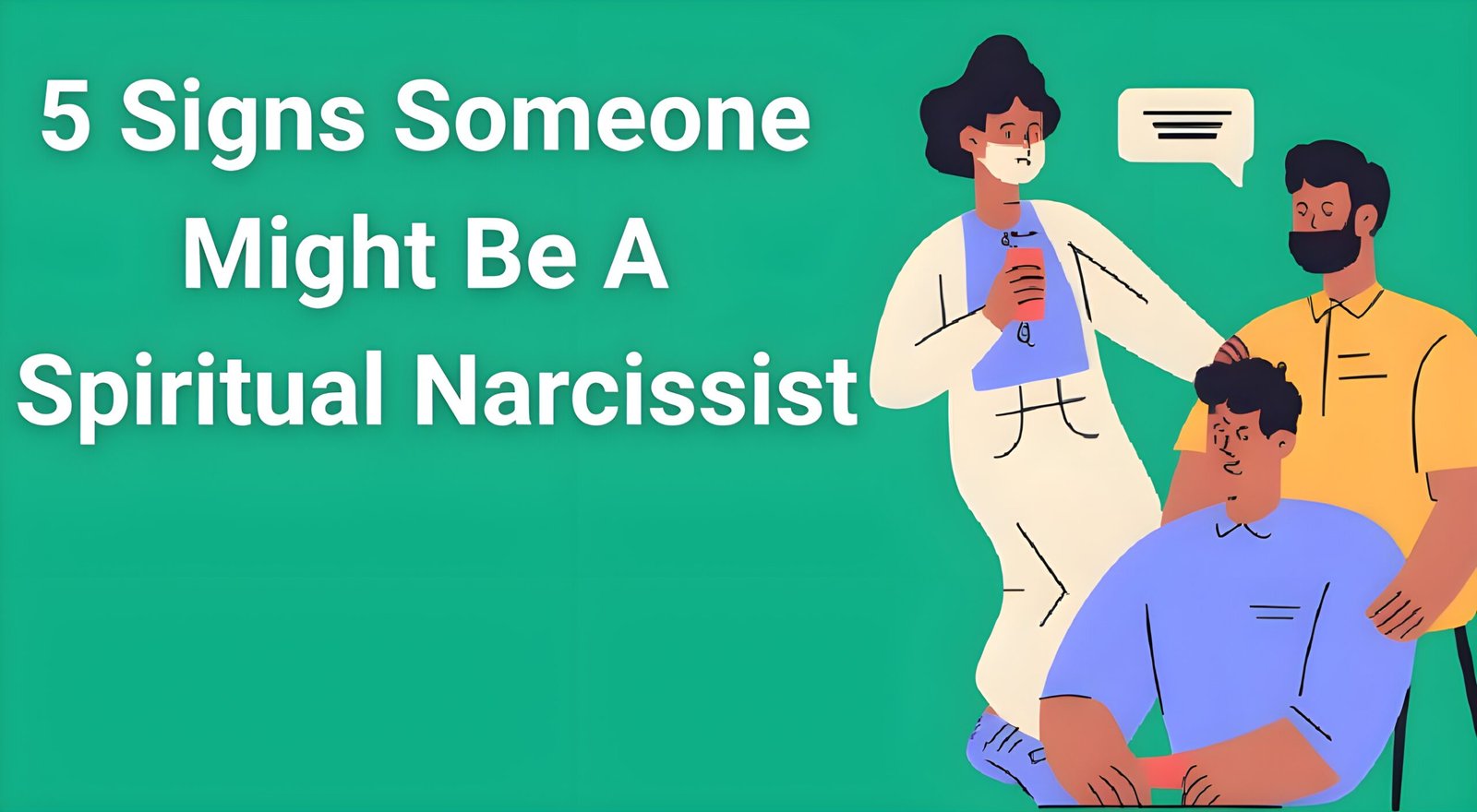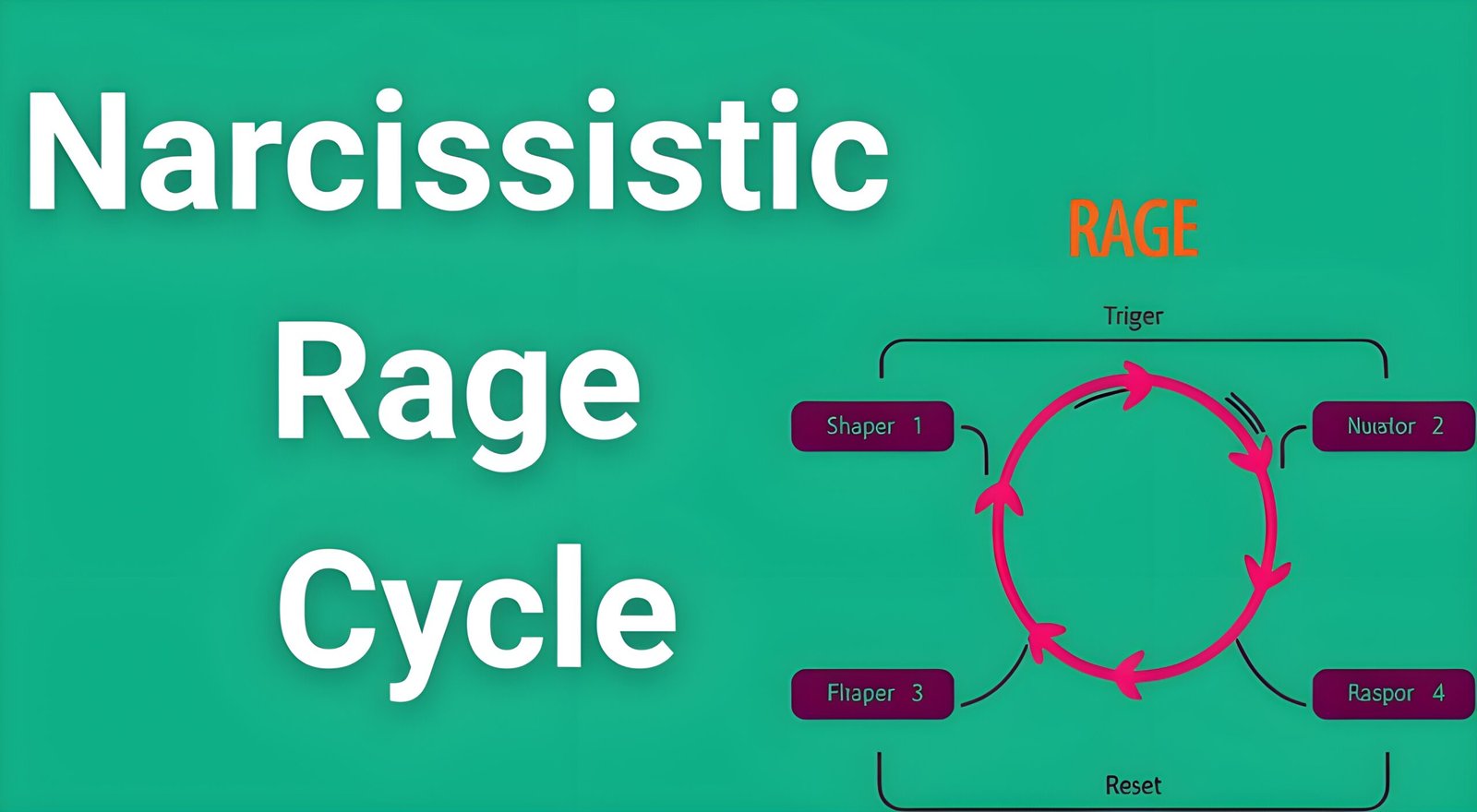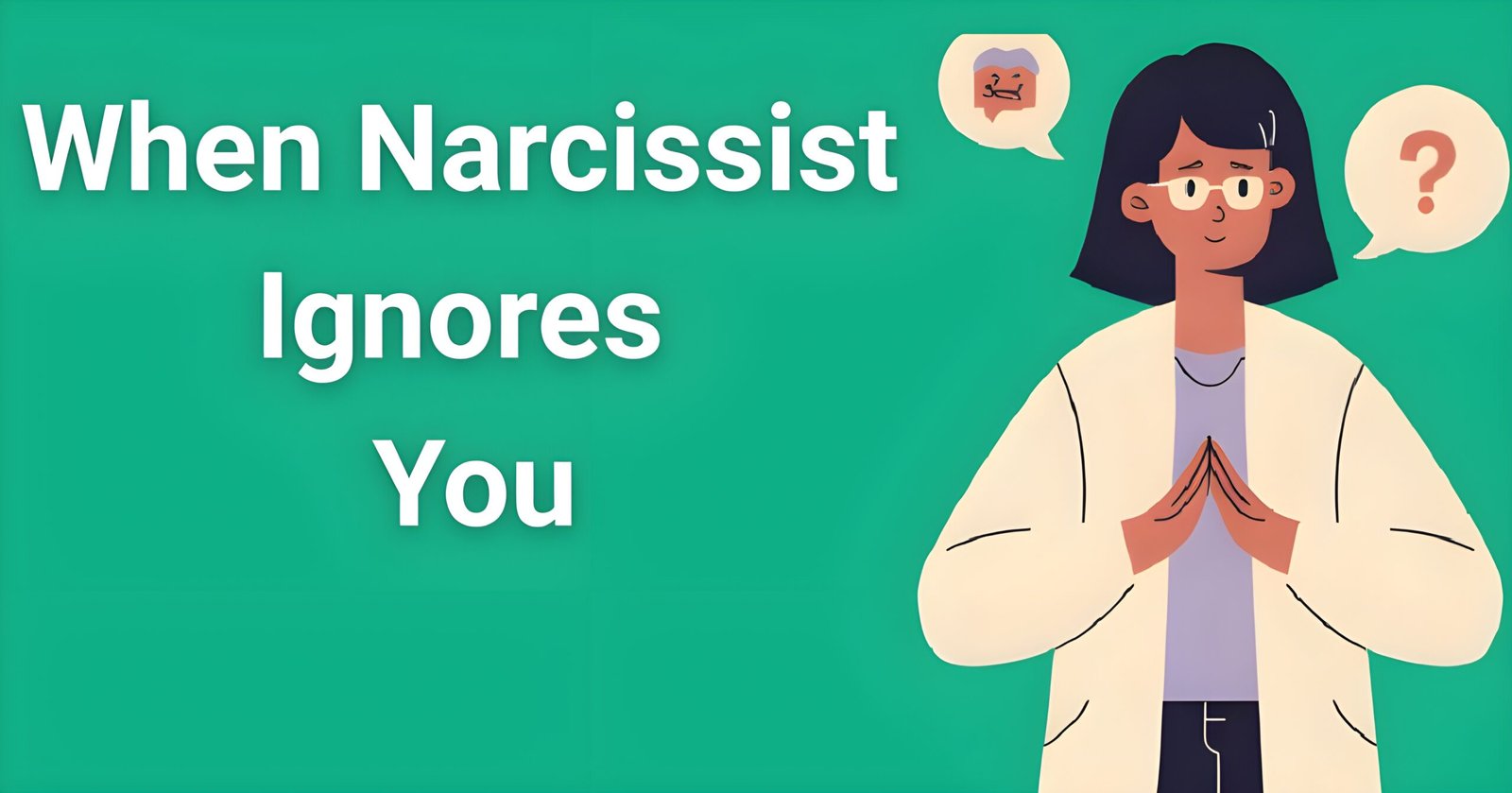You’ve rehearsed it a thousand times in your mind. That perfect speech. Those cutting last words to say to a narcissist that will finally make them understand the pain they’ve caused, acknowledge their behavior, and maybe even apologize. Moreover, you imagine their face as realization dawns, their voice trembling as they beg for forgiveness.
- Why Your Carefully Planned Last Words Won’t Work
- What Silence Achieves That Words Cannot
- When You Absolutely Must Speak: Safe Scripts
- The Healing Power of Unspoken Words
- Different Scenarios, Same Strategy
- Signs It’s Time to Stop Talking
- Building Your Support System Instead
- The Science Behind Silence
- What Recovery Looks Like Without Closure
- Advanced Strategies for Maintaining No Contact
- Long-Term Healing Without Their Acknowledgment
- Frequently Asked Questions
- Conclusion: Your Silence Is Your Strength
However, here’s the truth that might sting at first: the most powerful last words to say to a narcissist are often no words at all.
After working with over 1,000 survivors of narcissistic abuse, I’ve discovered that silence isn’t giving up—instead, it’s the ultimate power move that protects your sanity and accelerates your healing.
Why Your Carefully Planned Last Words Won’t Work
The Validation Trap
When you’re planning those last words to say to a narcissist, you’re actually falling into what I call the “validation trap.” Furthermore, you’re still operating under the false belief that this person can be reasoned with, that they possess empathy, or that they’ll suddenly develop self-awareness in your final moments together.
Unfortunately, the harsh reality is quite different. Narcissists don’t process information the way emotionally healthy people do. Consequently, your carefully crafted final speech will be:
- Twisted and used against you later
- Dismissed as “drama” or “overreaction”
- Stored as ammunition for future manipulation
- Interpreted as proof that you’re “unstable”
The Neurological Reality
Understanding what happens in a narcissist’s brain when you try to confront them explains why traditional “closure conversations” backfire. In fact, recent neuroscience research shows that people with narcissistic traits have differences in brain regions responsible for empathy and emotional processing.
Therefore, when you deliver your final speech, their brain literally cannot process it the way you intend. Instead, they experience it as an attack on their fragile ego, which triggers defensive mechanisms like rage, denial, or counter-attacks.
What Silence Achieves That Words Cannot
Breaking the Narcissistic Supply Chain
Narcissists feed on emotional reactions—both positive and negative. Therefore, when you’re searching for the perfect last words to say to a narcissist, you’re actually planning to give them exactly what they crave: your emotional energy.
Silence, however, cuts off their narcissistic supply completely. As a result, it leaves them with nothing to manipulate, nothing to twist, and no emotional reaction to feed on.
Preserving Your Dignity and Energy
Every minute you spend crafting the perfect goodbye speech is energy that could be invested in your healing journey. Similarly, that emotional bandwidth you’re using to imagine their reaction could be redirected toward:
- Building a support network
- Establishing healthy boundaries
- Processing your trauma with a qualified professional
- Creating a safety plan for moving forward
Preventing Further Manipulation
The moment you engage in a “final conversation,” you’ve opened the door for manipulation tactics. For instance, they might use techniques like:
Hoovering: “I’ve changed, let’s talk about this” Future Faking: “We can work this out, I promise things will be different” Emotional Manipulation: “You’re breaking up our family” Gaslighting: “You’re remembering things wrong” Love Bombing: Sudden displays of affection and promises
When You Absolutely Must Speak: Safe Scripts
Sometimes circumstances require communication—shared children, legal proceedings, or safety concerns. In these situations, here are trauma-informed approaches:
The Gray Rock Method
Keep any necessary last words to say to a narcissist as bland and factual as possible. Specifically, try phrases like:
- “I’ve made my decision. Please contact my lawyer for any future communication.”
- “This conversation is over. All future communication will be through [third party].”
- “I’m no longer available for discussions about our relationship.”
Documenting for Legal Purposes
If you need written proof of ending the relationship for legal reasons, consider this approach:
Email Template: “This is to notify you that our relationship is over. Do not contact me again except through my attorney regarding [specific legal matters]. Any further contact will be considered harassment.”
Most importantly, keep it brief, factual, and emotionless. Additionally, save copies for your records.
Co-Parenting Boundaries
When children are involved, your last words to say to a narcissist about the relationship should be separate from parenting communication:
“Our romantic relationship is over. Future communication will be limited to child-related matters only and conducted through [parenting app/email]. Personal topics are no longer appropriate.”
The Healing Power of Unspoken Words
Write the Letter You’ll Never Send
One of the most therapeutic approaches I recommend to clients is writing the letter containing all those last words to say to a narcissist—but never sending it.
Importantly, this exercise allows you to:
- Process your emotions fully
- Organize your thoughts and experiences
- Identify patterns of abuse you’ve endured
- Release built-up anger and frustration
- Gain clarity about your experience
Afterward, you can burn it, bury it, or tear it up as a symbolic release.
Understanding Why You Want the Last Word
The desire to deliver those perfect last words to say to a narcissist usually stems from several psychological needs:
Unresolved Trauma: Your nervous system is stuck in fight-or-flight mode Cognitive Dissonance: Trying to make sense of contradictory experiences
Hope for Justice: Believing they’ll finally face consequences Need for Closure: Seeking acknowledgment of the pain they’ve caused
Consequently, recognizing these underlying needs helps you address them in healthier ways that don’t involve the narcissist at all.
Different Scenarios, Same Strategy
Ending a Romantic Relationship
Whether you’re divorcing a narcissistic spouse or ending a dating relationship, the principle remains the same. Furthermore, your last words to say to a narcissist romantically involved with you should prioritize your safety and peace of mind over their understanding.
Instead of: Long explanations about their behavior and its impact Try: “I’ve decided to end this relationship. Please don’t contact me.”
Dealing with Narcissistic Parents
Adult children of narcissistic parents often struggle with going no-contact, feeling guilty about not having a “final conversation.” Nevertheless, remember that you don’t owe anyone an explanation for protecting your mental health.
Instead of: Detailing years of childhood trauma and its effects Try: “I need space from this relationship. I won’t be available for contact.”
Workplace Situations
When dealing with a narcissistic boss or coworker you can’t completely avoid, your last words to say to a narcissist should focus on professional boundaries. For instance:
“I’ll be communicating about work matters only through official channels moving forward.”
Friendship Endings
Narcissistic friends often create the most drama when you try to end the relationship. In particular, they may recruit mutual friends or create public scenes.
Instead of: Explaining their toxic behavior to mutual friends Try: “I’ve decided this friendship isn’t healthy for me anymore.”
Signs It’s Time to Stop Talking
Recognize these red flags that indicate your attempts at communication are harmful:
Emotional Escalation Patterns
- Conversations always end in arguments
- They become increasingly hostile when challenged
- Your stress levels spike before, during, and after contact
- You find yourself walking on eggshells
Manipulation Tactics Intensify
When you notice these warning signs, it’s clearly time to step back:
- Love bombing attempts increase
- They recruit others to contact you on their behalf
- Threats (subtle or direct) become more frequent
- Gaslighting attempts multiply
Physical or Mental Health Deterioration
If planning last words to say to a narcissist is causing:
- Sleep disturbances or nightmares
- Anxiety or panic attacks
- Depression or suicidal thoughts
- Physical symptoms like headaches or digestive issues
Then it’s time to prioritize your wellbeing over closure.
Building Your Support System Instead
Professional Help
Rather than spending energy on crafting last words to say to a narcissist, invest in trauma-informed therapy instead. Specifically, look for professionals who specialize in:
- Narcissistic abuse recovery
- Complex PTSD treatment
- Attachment trauma healing
Survivor Communities
Connect with others who understand your experience. Online forums, support groups, and recovery communities can provide the validation you’re seeking from the narcissist.
Educational Resources
Understanding the psychology behind narcissistic abuse helps you make sense of your experience without needing acknowledgment from your abuser. Consider resources like specialized workbooks that guide you through the recovery process systematically.
For those struggling with obsessive thoughts about their abuser or difficulty maintaining no-contact, structured recovery programs can provide the day-by-day support needed to break trauma bonds permanently. These approaches focus on rewiring your brain’s addiction-like attachment to the narcissist rather than relying on willpower alone.
The Science Behind Silence
Neurological Benefits
When you stop engaging with toxic people, your brain begins to heal systematically. Specifically, these changes occur:
- Cortisol levels decrease, reducing chronic stress
- Neural pathways associated with trauma responses weaken
- New, healthier thought patterns develop
- Emotional regulation improves
Breaking Trauma Bonds
Trauma bonds create a biochemical addiction to the cycle of abuse. Each time you engage—even to deliver last words to say to a narcissist—you reinforce these bonds. However, silence helps break this cycle by:
- Eliminating triggers that activate trauma responses
- Allowing your nervous system to regulate
- Creating space for healthy attachments to form
- Reducing intrusive thoughts about the abuser
What Recovery Looks Like Without Closure
Redefining Closure
Traditional closure requires mutual understanding and acknowledgment. In contrast, in narcissistic abuse situations, closure becomes:
- Accepting that you’ll never get the apology you deserve
- Understanding that their behavior was never about you
- Recognizing your own worth independent of their validation
- Creating meaning from your survival and growth
Finding Peace in the Unknown
You may never know if those last words to say to a narcissist would have made a difference. This uncertainty can be difficult, but it’s also freeing. Ultimately, you’re no longer responsible for their understanding, their growth, or their emotional reactions.
Celebrating Your Strength
Every day you choose silence over engagement is a victory. Furthermore, every moment you redirect that energy toward your own healing is an act of self-love. Finally, every boundary you maintain is proof of your growing strength.
Advanced Strategies for Maintaining No Contact
The Information Diet
Beyond avoiding those last words to say to a narcissist, implement a complete information diet:
- Block them on all social media platforms
- Ask mutual friends not to share updates about them
- Avoid places they frequent when possible
- Create new routines that don’t include them
Handling Violations
When they violate your silence and attempt contact:
- Don’t respond to the content of their message
- Document the contact for potential legal purposes
- Block new numbers or accounts immediately
- Resist the urge to explain why you’re not responding
Emergency Contact Protocols
For situations requiring emergency response (threats, legal issues, safety concerns), establish protocols that don’t require direct communication:
- Use intermediaries like lawyers or mutual contacts
- Communicate only through documented channels
- Keep interactions strictly business-focused
- Have support people present when possible
Long-Term Healing Without Their Acknowledgment
Creating Your Own Narrative
Instead of hoping those last words to say to a narcissist will rewrite your story, you can:
- Journal your experiences to process emotions
- Work with a therapist to understand abuse patterns
- Connect with survivor communities for validation
- Educate yourself about narcissistic abuse dynamics
Developing Healthy Relationships
The energy you save by not engaging in futile conversations can be invested in:
- Building relationships with emotionally available people
- Learning to recognize red flags early
- Developing secure attachment patterns
- Practicing healthy communication skills
Professional and Personal Growth
Channel that desire for justice into positive change:
- Volunteer with domestic violence organizations
- Pursue education or career goals that were previously discouraged
- Develop hobbies and interests that bring joy
- Create boundaries that protect your peace
Frequently Asked Questions
What if they won’t let me leave without an explanation?
First, understand that you don’t need anyone’s permission to end a relationship. If someone won’t accept your decision to leave, this is actually evidence of their unhealthy need for control. Simply state: “I’ve made my decision” and maintain that boundary regardless of their reaction.
Won’t they think I’m immature for not talking it out?
Here’s the key insight: a narcissist’s opinion of your maturity isn’t worth sacrificing your mental health. Furthermore, mature people respect boundaries. Someone who pushes for explanations after you’ve clearly ended things is demonstrating their own immaturity and lack of respect.
What if I have children with them?
Co-parenting with a narcissist requires strict boundaries around relationship discussions. Specifically, keep all communication focused solely on the children’s needs. Additionally, use parenting apps or email to document interactions, and consider parallel parenting strategies that minimize conflict.
How do I stop wanting to send those last words?
The urge to have the final word is normal but temporary. Instead, channel that energy into healing activities: therapy, journaling, physical exercise, or creative pursuits. Each day you resist the urge, you’re building stronger recovery muscles.
What if they spread lies about why I left?
People who truly know you will see through their smear campaigns. Therefore, focus on building authentic relationships with trustworthy people rather than trying to control narratives you can’t influence. Over time, your character will speak louder than their lies.
Is it really possible to heal without closure?
Yes, thousands of survivors heal completely without ever receiving acknowledgment from their abusers. Healing happens when you focus on your own growth, establish healthy boundaries, and build meaningful connections with emotionally available people.
Conclusion: Your Silence Is Your Strength
The most powerful last words to say to a narcissist are the words you don’t say. In a world where they’ve controlled conversations, twisted your words, and manipulated your emotions, choosing silence is ultimately the ultimate act of self-preservation and strength.
Your healing doesn’t depend on their understanding. Similarly, your worth isn’t determined by their acknowledgment. Furthermore, your future isn’t contingent on their approval.
Every day you choose silence over engagement, you’re choosing your own wellbeing over their need for control. Additionally, you’re breaking generational cycles of abuse, modeling healthy boundaries, and proving to yourself that you deserve better.
Those perfect final words you’ve been rehearsing? Let them remain unspoken. Instead, your silence will speak volumes about the person you’re becoming: someone who values their own peace more than someone else’s understanding, someone who protects their energy more than they protect others’ feelings, someone who knows that the most powerful response to toxicity is to simply walk away.
Ultimately, your journey to freedom begins not with the perfect goodbye, but with the courage to leave without one.
The healing journey after narcissistic abuse can feel overwhelming, but you don’t have to navigate it alone. If you’re struggling to maintain boundaries or find yourself obsessing over what to say to end things “perfectly,” remember that professional guidance can provide the clarity and support you need to move forward with confidence.






